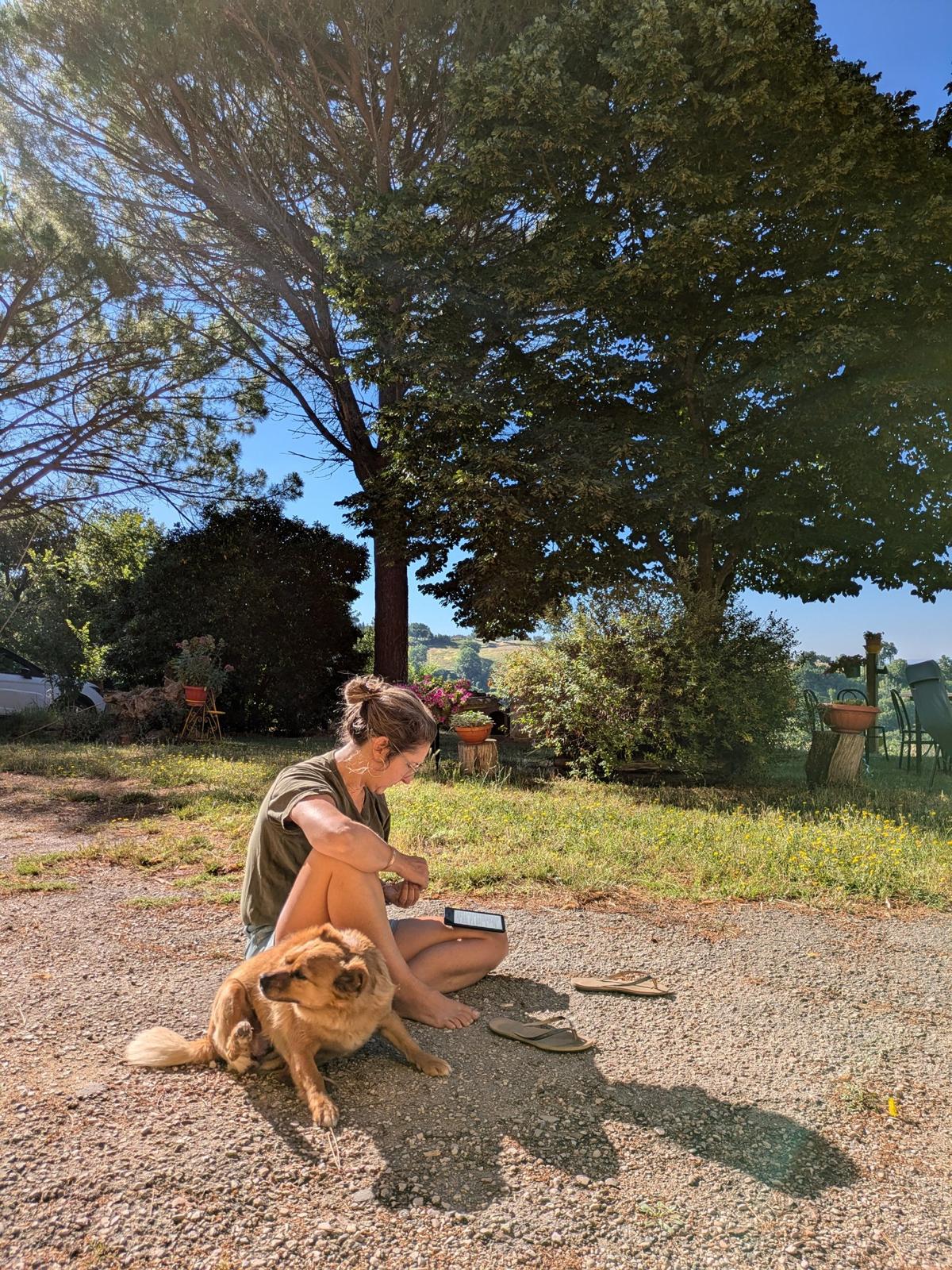It is rare, at least in English, to find a book written by someone who grew up really poor. And it’s very rare for that book to be pre-1950. Off the top of my head, I can think of LARKRISE TO CANDLEFORD and MY FIRST THIRTY YEARS and that’s about it. THE ROAD TO NAB END is one such. It’s a memoir of a childhood in the early 1900s in Blackburn. I had never heard of this Blackburn, but it was apparently a key starting point of the Industrial Revolution, especially in clothing manufacture. Unfortunately for the author, the Revolution was running out of steam as he arrived, and his family were at the sharp end of it. Try this:
“I think the damp worried me more than the cold. There was nothing to stop it rising through the flagstones that covered the floor . . . The washing hanging from the ceiling didn’t help either. The cold was sometimes so severe it made us forget the damp.”
“All meals were our favourite meals,” he says at one point, a sentence I have thought of often in my revoltingly privileged life of restaurants and ‘standards’ about food.
What makes it especially sad is that his parents moved to America in about 1910, and then, in a tragically poor piece of decision-making driven by homesickness, came back again, just in time for the father to be drafted into WWI and clothing manufacture to move to America. Here is his grandma, when challenged about moving to the US:
“And don’t give me that old buck about love of country. That kind of talk is for toffs. You keep the country, I’ll take the money. Frankly, I don’t care whether God saves our gracious king or not. I’m tired of the whole rotten lot.”
She certainly never came back, and ended her life rich and comfortable.
The presence of the WWI veterans is a particularly sad part of this book. One lies babbling in a bed in the front garden of the house across the street for twenty years, presumably from shell shock or a head injury.
It’s a clear, straightforward re-telling of a tough childhood, and it made me grateful for my cushy adulthood.

